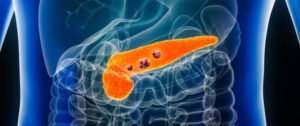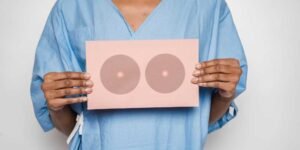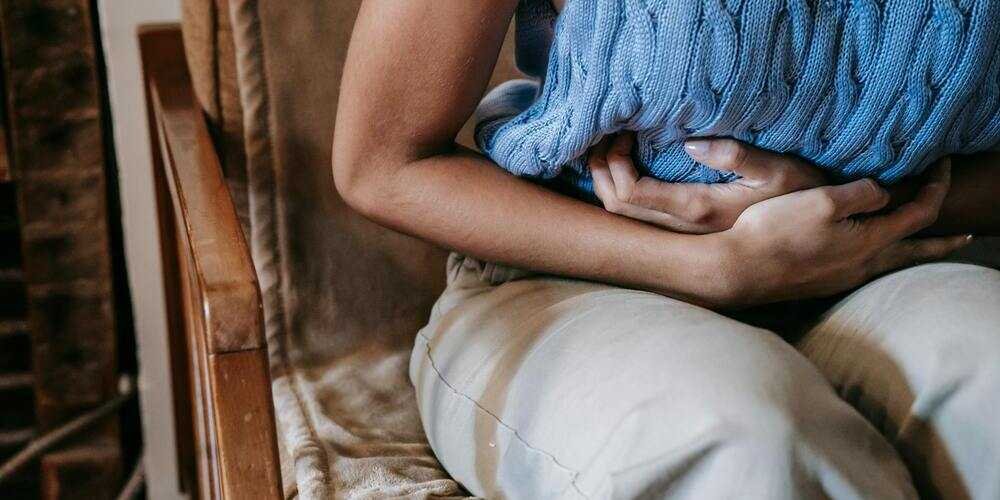
Constipation is Not Cured by Fiber Intake! Diet Principles for Late-stage Stomach Cancer
For patients undergoing treatment for stomach cancer, stomach cancer itself or its treatment may affect appetite and eating habits, including the process of absorbing and digesting food, and cause gastrointestinal problems such as nausea, vomiting, diarrhea, constipation, weight loss, and easy satiety. . Even if you feel tired or uncomfortable while eating, balanced nutrition is still the key to treatment effect. This article will discuss the dietary principles for gastric cancer during and at the end of treatment. Patients do not need to worry too much. The cancer treatment team will work with nutritionists to help adjust dietary issues and allow symptoms to slowly subside.
Important matters for stomach cancer dietary consultation
With the assistance of a professional nutritionist, stomach cancer patients can avoid taking foods and nutritional supplements that may interfere with their treatment. In this regard, the American non-profit organization Stomach Cancer Foundation recommends that patients or family members consult a nutritionist first. Three questions:
- Food choices after stomach cancer surgery
- Stomach cancer dietary taboos
- How to avoid dumping syndrome (dumping syndrome, a condition in which swallowed food reaches the small intestine too quickly and causes gastrointestinal symptoms)
- How to eat right and well
Stomach cancer dietary guidelines
The ideal situation is of course to maintain a balanced diet, which includes making appropriate nutritional adjustments, such as eating soft, low-fiber fruits, cooked vegetables, and low-fiber high-quality protein, such as replacing steaks with eggs, Fish instead of crustaceans like shrimp and crab, or smooth nut butter instead of raw nuts. In addition, you should also eat less spicy foods and processed foods high in added sugar, including candies, snacks, sodas, and sugary drinks.
Patients with gastric cancer need to follow the doctor’s advice on their diet. The general dietary principles are as follows:
- Consume high-quality, sufficient protein foods: Consuming 4 to 8 servings of high-quality protein every day can help the body repair cell tissues and strengthen the immune system. Examples: eggs, lean meats (chicken and fish), beans, soy products, nuts and nut butters, dairy products (milk, yogurt, cheese). However, be aware that gastrectomy surgery may cause lactose intolerance. You can adjust your dairy intake and see how your body responds.
- Avoid refined and high-sugar diets, and choose cooked whole grains that are soft. During treatment, avoid ingesting soft whole grains that are irritating to the intestines. Choose cooked whole grains as a source of carbohydrates and fiber to help supply energy to the body. Examples: oats, brown rice, whole wheat bread and pasta.
- Diversify the mix and consume a variety of fruits and vegetables: Provide the body with antioxidants to fight cancer. It is recommended to choose fruits and vegetables of various colors and aim to eat five servings of fruits and vegetables every day.
- If the food is cooked until soft, use a good source of fat: avoid eating fried and fatty foods and boil them in water instead. Good fats include: avocado, olive oil, nuts and seeds.
- To separate dry and wet foods, choose solid foods first: The dietary principle of dry and wet separation is to eat solid foods with less water first, and then choose liquids in the diet, such as soups, water, etc., or drink them between meals to avoid causing A large burden on the small intestine may aggravate uncomfortable symptoms such as phagocytosis syndrome.
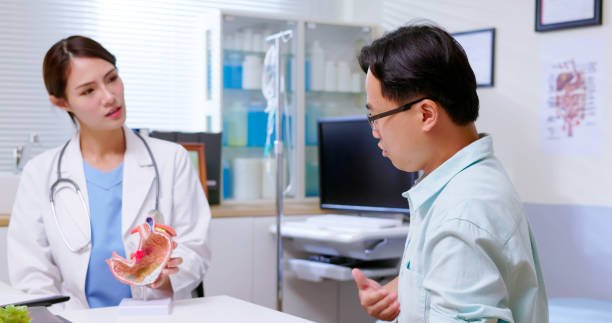
Stomach Cancer Diet Recommends Smaller and More Frequent Meals
The American Cancer Society reminds you not to go on a diet during gastric cancer treatment. If you find it difficult to eat or have lost weight, please eat as much as possible. Eat when you have an appetite and eat foods that make you feel hungry. . In addition, you can also eat small and frequent meals, about once every two to three hours, from three meals a day to six meals a day, while ensuring adequate intake of calories and food nutrients. This can reduce the side effects of treatment and gastric inclination. Food disorder.
Some doctors also recommend that patients remain standing after eating. Other methods include making milkshakes, juices or smoothies. As for gastrophilia, in addition to eating small meals frequently and eating less sweets and drinks, drinking liquids before or after meals may help relieve the symptoms. Please consult your medical care provider if you have any questions.
Some gastric cancer patients will have problems eating and drinking after surgery, but through intravenous infusion of nutrients, vitamins and mineral supplements can also be directly injected into the body. Rare cases require temporary feeding tubes for nutritional supplementation, which can be divided into two types: enterostomy tube (Jejunostomy tube, referred to as J-tube) and gastrostomy tube (Gastrostomy tube, referred to as G-tube). The former is a relatively Commonly, a small opening is opened in the abdomen through surgery, allowing nutrients to be injected directly into the small intestine.
Dietary recommendations for late stage stomach cancer
In the late stages of stomach cancer, patients’ dietary problems usually worsen, and the purpose of gastric cancer treatment is to control nutrition-related symptoms and help maintain a healthy quality of life. The following are four dietary principles for late-stage gastric cancer. Cancer Research UK reminds us that dietary issues for late-stage gastric cancer are not the same as the side effects of treatment. We will explain them one by one below.
Intravenous injection for gastrointestinal obstruction
When a complete gastrointestinal obstruction occurs, the doctor will require the patient to be hospitalized, stop eating, and switch to intravenous injection to replenish the water and nutrients the body needs. In addition, nasogastric tube (NG tube) treatment may also be required, which drains gastric contents, such as gastric juice, gas, and water, from the nose directly to the stomach to relieve the patient’s discomfort and allow the intestines to rest. time. Sometimes, proper rest can help resolve bloated intestines and resolve gastrointestinal obstruction.
For some people, reducing the fiber intake in their diet can help relieve symptoms of gastrointestinal obstruction, but this will also reduce the amount of stool. Low-fiber diets include: oats, bread and flour, rice and pasta, potatoes, cakes and biscuits, vegetables, fruits, meat and fish, milk and dairy products, etc.
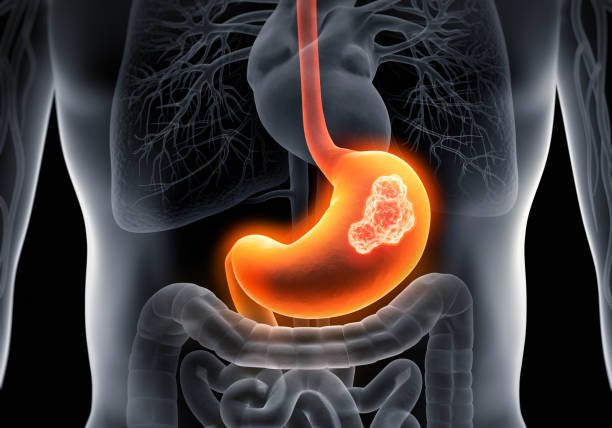
Constipation is not cured by fiber intake
Patients should be aware that constipation problems may make people feel ashamed or difficult to talk about it, but they still need to seek help from a medical professional. Ignoring it will only cause more health problems. When adjusting your diet, you can add fiber-containing foods and add enough water. Doctors may give laxatives when necessary. However, if the patient has severe abdominal pain and vomiting in addition to constipation, he may have gastrointestinal obstruction. Ingesting too much fiber will only worsen the symptoms, and he should seek medical advice as soon as possible.
To avoid dehydration, please drink more water
Patients with terminal gastric cancer may not want to eat or drink, which often makes the body easily dehydrated. Therefore, please try to replenish water every one to two hours, even if it is just a sip. Other methods include adjusting the diet, and the doctor may also give special fluids, but this dietary method is not necessarily the most effective in the late stages of gastric cancer.
People with a bad constitution should eat as much as they can
Also known as Wasting syndrome or Anorexia-cachexia syndrome, most patients with terminal gastric cancer will have this condition. The cachexia that occurs in the late stage of gastric cancer is not just a loss of appetite. The patient will also feel very depressed and powerless. So far, medical treatment can only temporarily improve the symptoms. Therefore, if you can eat, please eat as much as possible. Although eating cannot solve the problem of cachexia, it can at least help stabilize the weight loss problem, thereby improving mood and energy, and improving the quality of life.



